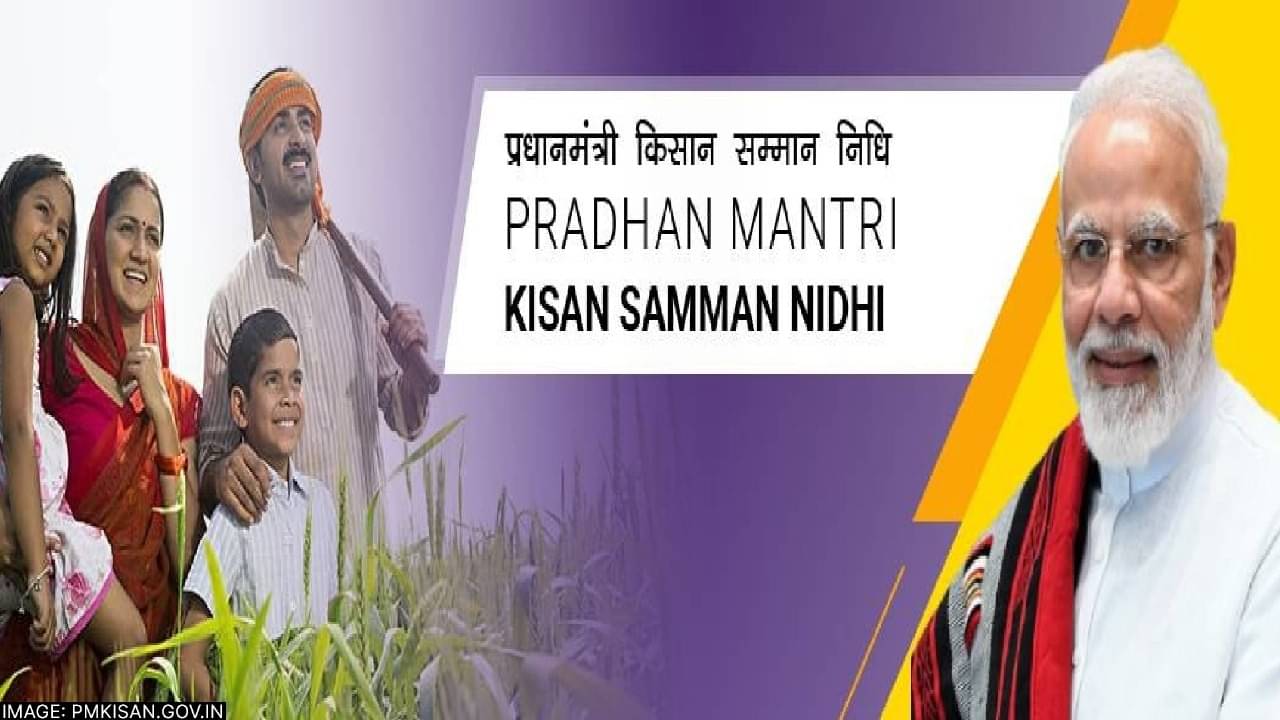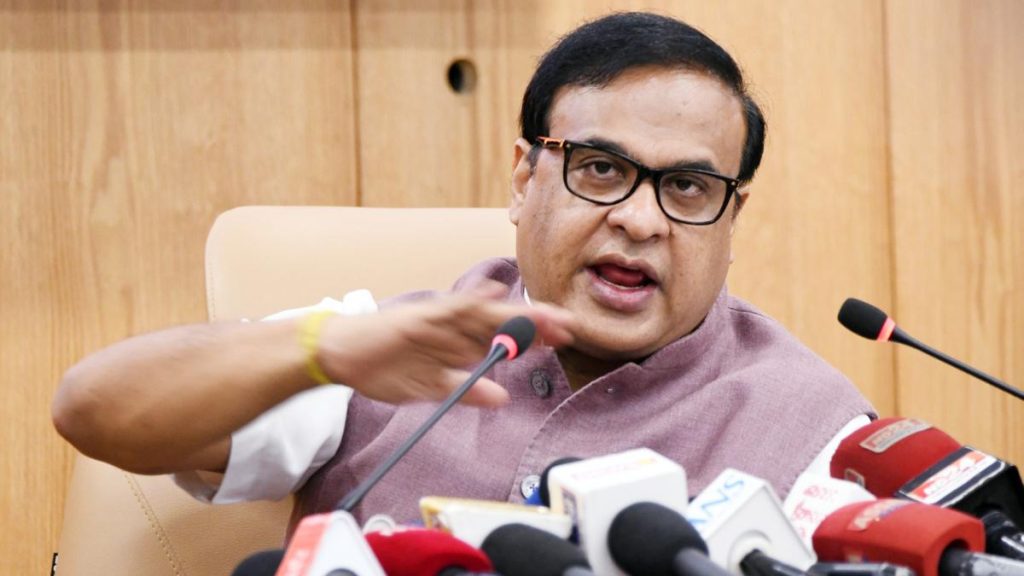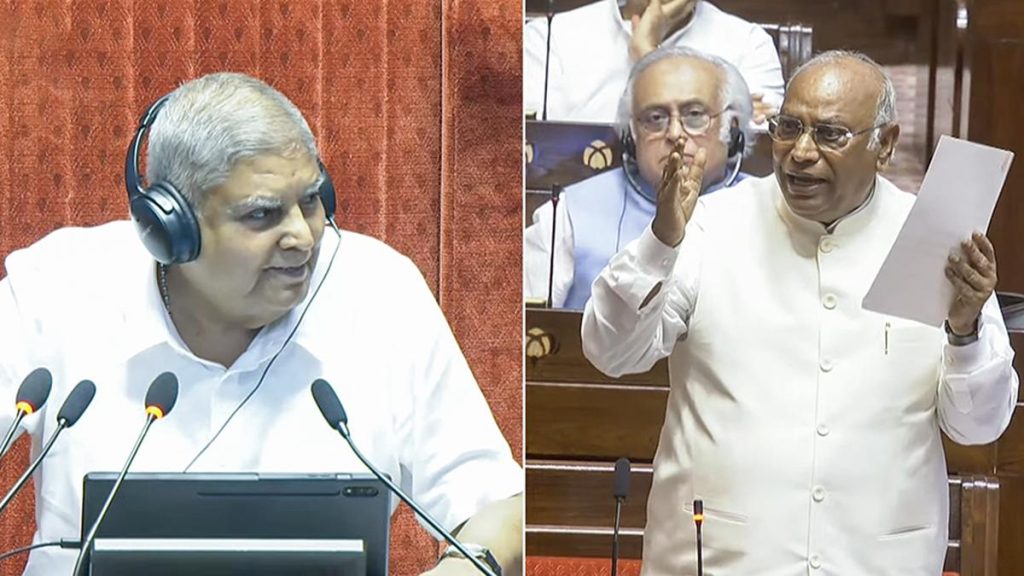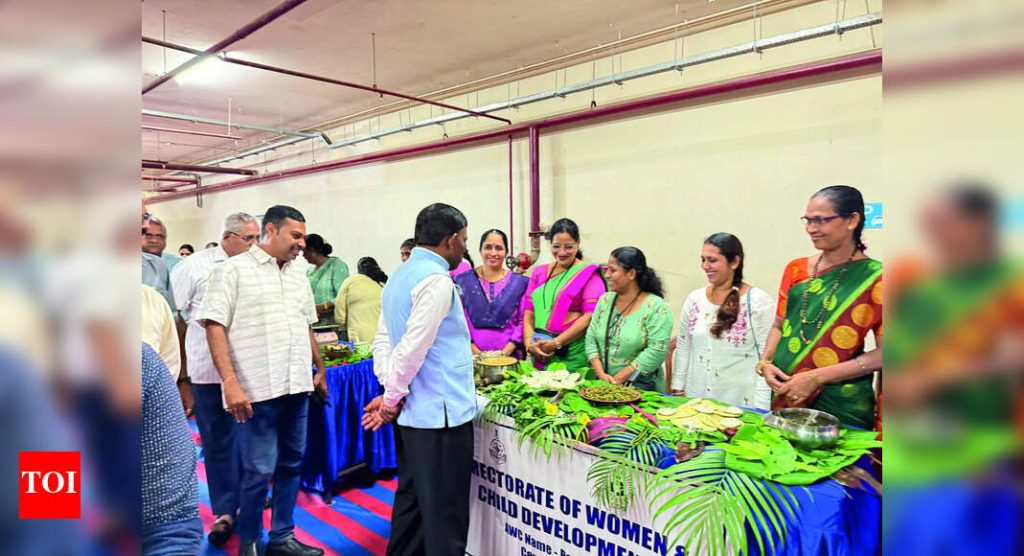Now Reading: PM-Kisan Scam: How to Identify Fake Messages and Stay Informed
-
01
PM-Kisan Scam: How to Identify Fake Messages and Stay Informed
PM-Kisan Scam: How to Identify Fake Messages and Stay Informed

Speedy Summary
- Government Advisory: Farmers under the PM-Kisan scheme have been warned against fake messages requesting Aadhaar, bank details, or OTPs for alleged “verification” or bonus payments.
- Official Interaction: The Ministry of Agriculture clarified that all legitimate scheme updates are shared via official channels, and beneficiaries should verify facts only on the official website (https://pmkisan.gov.in).
- Reporting Mechanism: Suspicious activity can be reported to local authorities or through the national cybercrime portal. Farmers were advised to consult their local agriculture officers for assistance.
- Scheme Overview: PM-Kisan provides ₹6,000 annually to eligible farmers via direct bank transfers; over 11 crore farmers have benefitted since its launch in February 2019.
- Cybercrime Concerns: Fraud efforts targeting rural users have intensified as scheme timelines approach. Government campaigns at gram sabhas and in regional languages aim to boost cybersecurity awareness among digitally inexperienced populations.
Indian Opinion Analysis
The warning issued by the government highlights both growing vulnerabilities within india’s welfare ecosystem and the urgent need for advancing digital literacy in rural areas. With over 11 crore beneficiaries relying on PM-Kisan’s secure direct transfers, safeguarding data remains critical to maintaining public trust in such massive welfare programmes.
While periodic fraud alerts emphasize accountability measures taken by authorities, they also underscore key challenges inherent in delivering benefits digitally across a diverse population with varying levels of tech proficiency.Expansion of localized education campaigns on cybersecurity is a promising step toward building resilience against scams but will require sustained investment and cooperation at grassroots levels.
As fraudulent activities evolve alongside technological adoption among farmers, it is imperative for both state mechanisms and communities themselves to adapt dynamically-forging robust communication pipelines that reinforce confidence while deterring malicious actors from exploiting welfare initiatives.




























